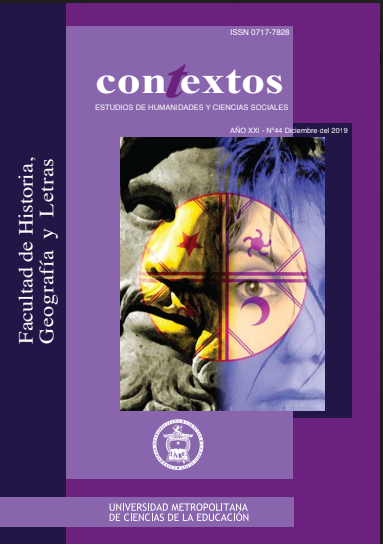Main Article Content
Dec 27, 2019
Abstract
As of Decree No. 83/2015, diversified education is one of the relevant goals of the MINEDUC (Chile). This decree establishes the use of the Universal Design of Learning (DUA) (CAST, 2011) in order to make the curriculum more flexible, towards a common one and without exclusion for all students. Its implementation has impacted on the different types of establishments. This study reviewed a case of implementation of DUA in a private-subsidized school without a school integration program (PIE). The data was produced from group interviews to classroom teachers and managers, and analyzed from Fundamental Theory. The results show tensions among teachers, naturalization of inequality and the conflict between individual merit and the inclusive paradigm. In addition, it is idealized to have a PIE program. Finally, the tension that the DUA explains and the social function of the school is raised. The lack of regulation to implement public policies by private agents is questioned.
Downloads
Policies for open access journals
Authors who publish here accept the following terms: Authors will keep their copyright and will guarantee the journal the right to the first publication of their work, which will be subject to the Licence of Creative Commons acknowledgement, which allows for the use of this material only if the authorship is credited and the original source is acknowledged (the journal’s URL), and if it is not used with commercial ends and with any derivations of the original work.
Authors may adopt other non-exclusive license agreements of distribution of the published version (e.g. to save it onto a digital institutional archive or publish it in a monographic volume) only if the initial publication of this journal is indicated.
It is permitted and recommended for authors to divulge their work on the Internet (e.g. institutional digital archives or webpage) before and during the submission process, which may lead to interesting exchanges and increase the citations of the publication. (See Open Access Effect).






